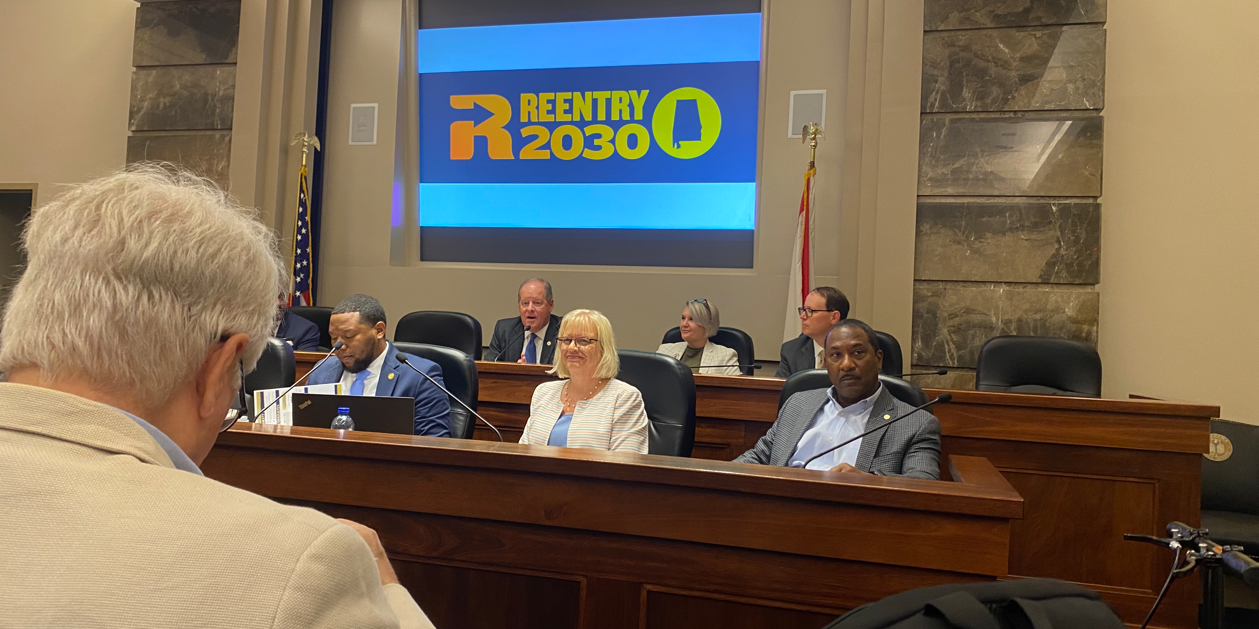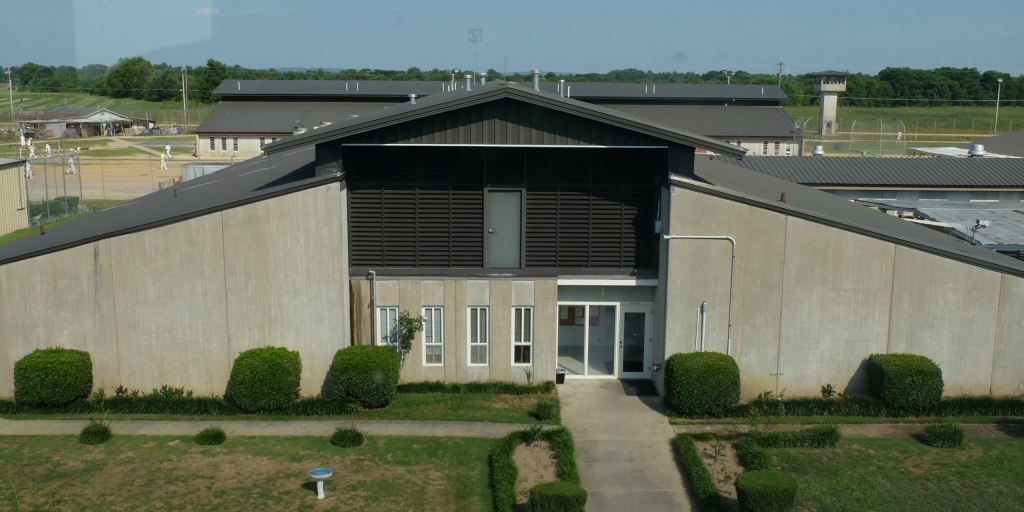Reentry Alabama, formerly known as the Study Commission on Interagency Cooperation and Collaboration on the Rehabilitation of Formerly Incarcerated Individuals, is aiming to eliminate barriers faced by recently released inmates and also reduce instances of them reoffending, known as recidivism.
The first meeting of Reentry Alabama, since its reauthorization through a bill sponsored by Senator Will Barfoot, took place on Tuesday in Montgomery.
“The members of this commission are coming together, breaking down barriers and opening doors to new opportunities for Alabamians who have been involved in the criminal justice system,” Commission Chairman and Alabama Bureau of Pardons & Paroles Director Cam Ward said.
“We do it the right way – without cutting corners and with the goal of setting these citizens up for success through programs that focus on mental health, substance use treatment, job training, education and proactive supervision.”
RELATED: Celebrating second chances: Alabama Bureau of Pardons and Paroles applauds 33 graduates
Reentry Alabama is specifically tasked with reducing instances of recidivism in Alabama’s justice-involved population by identifying and implementing solutions that support successful reintegration after incarceration, fostering collaboration among state agencies to support reentry, expanding access to education and mental health programs, eliminating impediments to reentry, and pursuing partnerships with the private sector to create a workforce and job-opportunity pipeline for those served by reentry efforts.
The Commission will also be critical to Alabama’s Reentry 2030 strategy.
In 2023, Alabama was one of the first states to sign on to the Reentry 2030 national framework, which focuses on dramatically improving success for people exiting prison and those under supervision.
Additionally, the Alabama Bureau of Pardons and Paroles (ABPP) plans to expand programs like the PREP Center and Day Reporting Centers, which have resulted in recidivism falling from 30% to 4% by those who participated in these programs. That 86% reduction in recidivism translates to millions in savings for taxpayers and thousands of new highly skilled and productive workers who can help shore up Alabama’s workforce participation rate.
Alabama is currently ranked 25th in the nation for recidivism.
Austen Shipley is a staff writer for Yellowhammer News. You can follow him on X @ShipleyAusten













